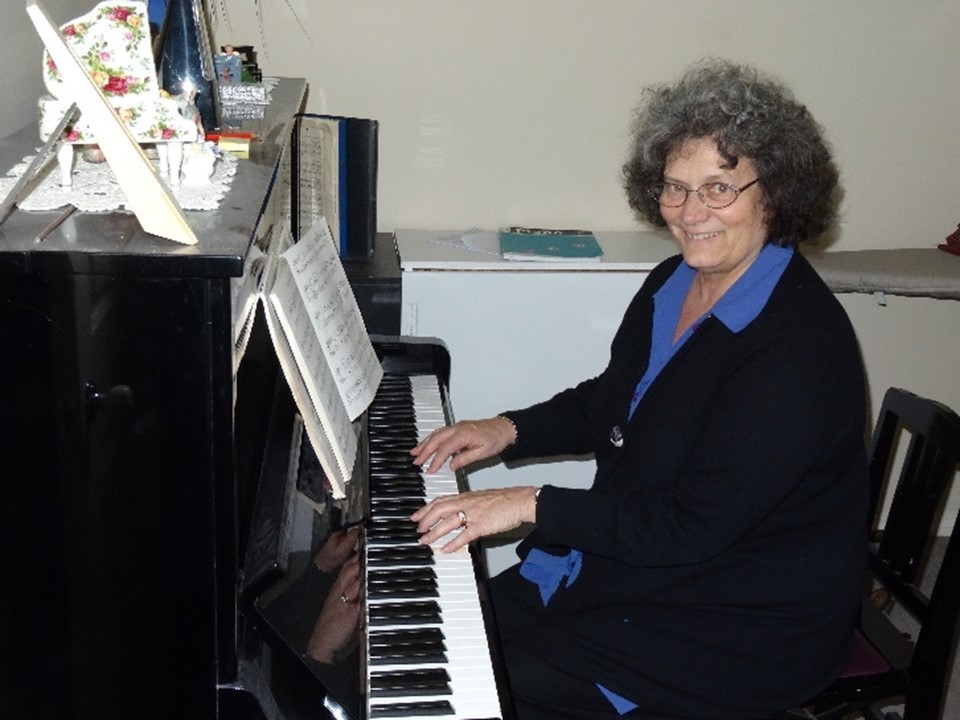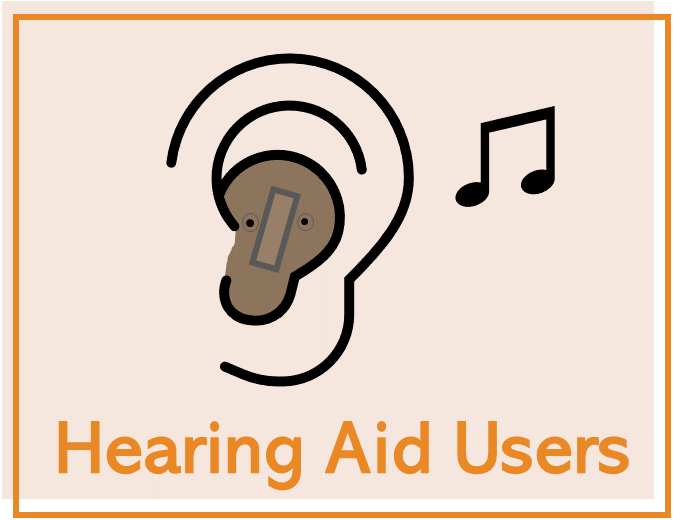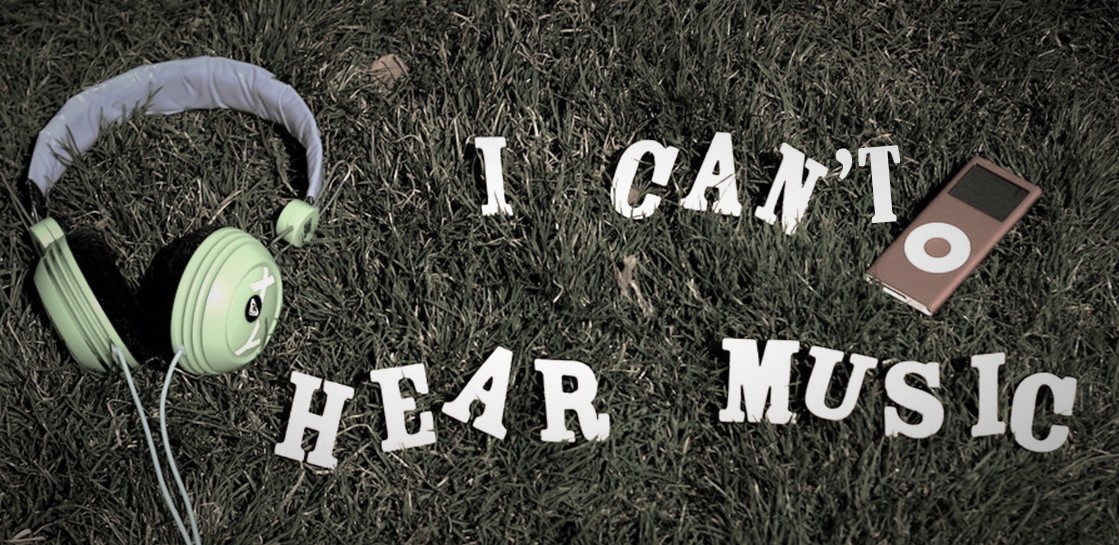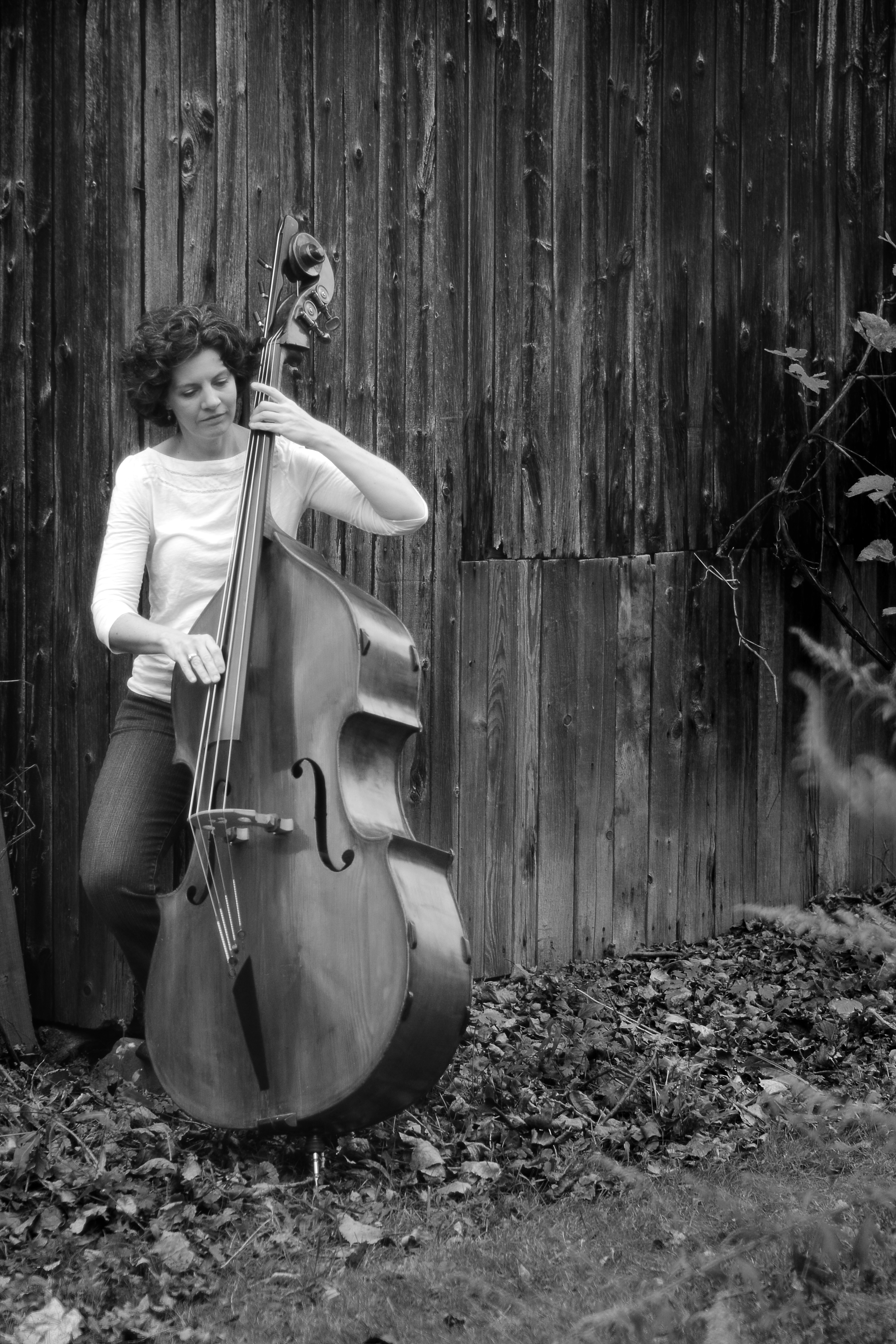See also: Articles on Music, Hearing Loss, and Hearing Devices
As you read this website, keep in mind the following:
-
People with hearing loss can differ in many ways.
-
Some information may be more similar to your situation.
-
Pick and choose the information most useful for you.
Emotional and Social Losses that Accompany Loss of Music Enjoyment:
Information for People with Hearing Loss and Families
1, 2
Q. What are emotional and social adjustments to losing music enjoyment and participation?
A. Hearing loss can impair musical as well as spoken communication. You may experience unsatisfactory participation in many daily activities due to your hearing loss, such as:
-
Difficulty with sound localization----being able to tell where sound is coming from.
-
Trouble hearing and understanding soft speech, speech from distance, or speech against a background of noise or music.
-
Avoiding music events.
-
Stopping participation in music experiences, such as singing in a choir.
-
Feeling left out or disconnected during everyday experiences that involve music.
-
Feeling isolated during social and family experiences.
-
Feeling embarrassed about mishearing sounds.
-
Experiencing discouragement and stress linked to hearing loss.
-
Experiencing an identity crisis if you are a musician or love music; you may miss being able to hear music or your own voice.
For people who love music, hearing loss affects not only spoken communication, but music enjoyment as well. One CI user shares her sense of loss as the beauty of music faded, and her excitement as she used technology to restore music in her life.
From Australia:
Loss of hearing, and music: Felicity’s Story
Losing the beauty and joy of music 
“Piano was my first love. For as long as I can remember, I wanted to play. But unknown to me, during a severe bout of measles when I was around 9 years old, a time bomb had been planted in my ears that would eventually render me completely deaf. By 29, I lost hearing in my left ear and my right ear was severely deaf."
To learn more about Felicity's story, please click this pdf file: ![]() Felicity's Musical Story.pdf
Felicity's Musical Story.pdf
From the United States:
Gaelen’s Story
Gaelen McCornick is a bassist who played with the Rochester Philharmonic Orchestra from 1995-2017. Since losing her hearing in 2017, a new career path has emerged as a composure, arranger, and acts administrator, developing the Eastman Performing Arts medicine program. Teaching students of all ages remains a significant part of Gaelen’s life. She teaches at Eastman Community Music School, and in the collegiate Arts Leadership Program. Her bass technique books are published through Carl Fischer. Gaelen holds degress in performance from the Eastman School and Carnegie Mellon.
To hear more about Gaelen’s journey as a professional musician with a hearing loss, click the podcast link by WXXI Public Media in Rochester, New York: https://www.wxxinews.org/inclusion-desk/2018-04-04/musician-redefines-herself-after-hearing-loss
To find an extended interview with Gaelen, click the podcast link: https://www.wxxiclassical.org/classical-music/2018-01-04/musicians-of-rochester-gaelen-mccormick
Q. What are the psychosocial stages in dealing with hearing loss?
A. Each person has their own reaction to a hearing loss. However, many people may experience some common stages (types of emotional experiences) as they adjust to their hearing loss (Kübler-Ross & Kessler, 2005). Not everyone experiences all of these stages. A person may move back and forth from one stage to another. There is no right or wrong way to adjust to a hearing loss. Still, understanding these stages may help someone to better understand their own feelings as they cope with a hearing loss.
Q. What are the psychosocial stages in dealing with hearing loss?
A. Each person has their own reaction to a hearing loss. However, many people may experience some common stages (types of emotional experiences) as they adjust to their hearing loss (Kübler-Ross & Kessler, 2005). Not everyone experiences all of these stages. A person may move back and forth from one stage to another. There is no right or wrong way to adjust to a hearing loss. Still, understanding these stages may help someone to better understand their own feelings as they cope with a hearing loss.

The following section describes five stages of grief and loss:
-
Denial
-
A common initial reaction to hearing loss is to deny or ignore the reality of the situation. Initially, denial can help us cope with overwhelming emotions. However, continued denial can get in the way of more complete adjustment.
-
People in the denial stage may:
-
turn up the volume on a TV, radio, and phone too loudly for others, disregarding family members’ complaints.
-
avoid phone calls or group conversations to escape the embarrassment of not being able to understand the conversation.
-
blame others for their inability to hear clearly. ‘I can hear fine. He/she is just mumbling. I can hear what I want to hear.’ ‘This music has poor sound quality.’ ‘That player missed some musical notes.'
-
dominate the conversation to avoid having to understand others, or just sit and nod and smile while others talk.
-
think that music performers are making mistakes or playing poorly.
-
-
-
Anger
-
If left untreated, a hearing loss can lead to feeling short-tempered. Family and friends may also feel frustrated by a communication breakdown.
-
People in the anger stage may:
-
feel angry about their hearing loss or feel that it is not fair.
-
direct anger or resentment at loved ones, audiologists, a higher power, or even themselves.
-
feel resentment that listening to music takes more effort and is no longer enjoyable or relaxing.
-
become less tolerant of others as they become more difficult to hear and understand.
-
experience a lot of internal grief and anger if they are teased by others or if they respond incorrectly in a conversation.
-
-
-
Bargaining
-
After the anger has passed, it is common to enter the bargaining stage and search for ways to restore normal hearing.
-
This step is often private for the individual and they may not discuss this with others. Bargaining can make the person feel guilty, stressed, and anxious.
-
People in the bargaining stage may:
-
acknowledge their hearing loss, but may still hold out hope that their hearing loss is not a permanent condition.
-
try to bargain with themselves, with other people, or even with God to restore their hearing. 'If only my hearing comes back, I will not take it for granted again.'
-
compare their condition to others. 'My hearing is getting worse, but at least I still have good overall health.'
-
devalue the hearing-related problem. 'Who cares if I can't hear, I never liked music anyway.'
-
-
-
Depression
-
If no bargain can be reached, people move quickly to depression.
-
Not being able to hear enjoyable sounds like music can lead to social isolation, a drop in self-esteem, and a loss of self-worth. Social isolation due to hearing loss can also worsen depression. Loss of hearing can also eventually reduce mental stimulation, which can contribute to mental decline.
-
People in the depression stage may:
-
show changes in behavior such as tearfulness, slower responses, difficulty concentrating, or even changes in weight or sleeping patterns.
-
lack motivation to participate in social situations.
-
proceed to acceptance if/when it represents a realistic awareness of the negative aspects of hearing loss.
-
-
-
Acceptance
-
Acceptance can take different forms for different people. People with strong support systems are more likely to reach this stage. It usually indicates some integration of hearing loss into one's routine.
-
People in the acceptance stage may:
-
recognize their hearing loss but take an action to restore it, to the best of their ability. 'My hearing is not perfect, but I can still hear music with hearing aids.' 'What are my rehabilitation options to enhance music experiences?'
-
acknowledge negative feelings about their hearing loss, yet not let these feelings interfere with relations in their daily life.
-
try problem-solving strategies to improve communication.
-
-
Q. What do these stages mean for successful integration into social experiences, including those with music?
A. In the early stages of adjustment, people may avoid telling others about their loss and may resist using hearing devices or forms of rehabilitation. This can stand in the way of effective coping or using hearing devices as effectively as possible. The sooner you realize that you have a problem, the sooner you can begin to take action and seek treatment. For instance, if you have trouble only hearing high-pitched sounds from a violin or flute, you need to be aware that hearing loss typically affects the highest frequencies first. Equipped with this knowledge, you can schedule a hearing test appointment as quickly as possible. Also, consider looking into websites for people with hearing loss, or talking with your audiologist about strategies for coping.
This website has information on self-efficacy and self-advocacy that can also help you to attain more satisfactory results with your hearing devices, and music listening.
References:
National Research Council. (2004). Hearing loss: Determining eligibility for social security benefits. National Academies Press.
Kaland, M., & Salvatore, K. (2002). The psychology of hearing loss. The ASHA leader, 7(5), 4-15. https://doi.org/10.1044/leader.FTR1.07052002.4
Kübler-Ross, E., & Kessler, D. (2005). On grief and grieving: Finding the meaning of grief through the five stages of loss. Simon and Schuster.
Laplante-Lévesque, A., Hickson, L., & Worrall, L. (2013). Stages of change in adults with acquired hearing impairment seeking help for the first time: application of the transtheoretical model in audiologic rehabilitation. Ear and Hearing, 34(4), 447-457.
Click here to review references used in preparation of this website.
1. All images on this website are used under Creative Commons or other licenses or have been created by the website developers.
2. Click here to access the sources of images on this page.





